
If you’re utterly fatigued by the post-apocalyptic survival genre like I am, Once Human is a game that may just surprise you and inject new life into the genre. Once Human is set on a large island infected by an outer-dimensional Lovecraftian plague called Stardust. The monsters look like something out of Bloodborne, and the crafting itself is more user-friendly and dynamic than other games of its kind. Also, the unanimously positive beta impressions give us some confidence this isn’t a The Day Before disaster waiting to happen. Here are 15 things you need to know before you buy Once Human.
The Cosmic Horror Element Presents a Unique Twist on the Post-Apocalyptic Survival Genre
Post-apocalyptic games have seen a storm of popularity over the decades, but I don’t remember seeing one with full-on cosmic horror like Once Human exhibits. The world of Once Human is tainted with an alien plague called Stardust. This extra-dimensional Stardust puts a twist on all the familiar survival post-apocalyptic survival beats. Harvesting materials requires more caution since Stardust-affected materials drain your Sanity level. Instead of traditional zombies, the basic enemies are thralls infected by Stardust, not to mention the cultists who worship the outer gods. It’s refreshing to see a new take on the tried and true post-apocalyptic survival genre.
Crazy Unique ‘Deviant’ Bosses and Deviation Companions
Every single boss design they’ve shown so far has looked striking and unique in some way. The horrific Arachsiam Deviant is pure nightmare fuel; a giant black widow with an open ribcage lined with black spikes and one scary-looking skull. Some Deviants aren’t so menacing. The Wanderer is a giant bus that takes players across vast swaths of land, with a catch. And then there’s the 40 or so Deviations, which are companion monsters you capture after defeating their bigger Deviant siblings. Think of Deviations as mounts and animal companions, though some can aid you in battle and farm resources for you as well. Not all the monstrosities are hostile in Once Human, but they all exhibit unique design.
The Most Unique Bus Mechanic Seen in a Survival Game Yet
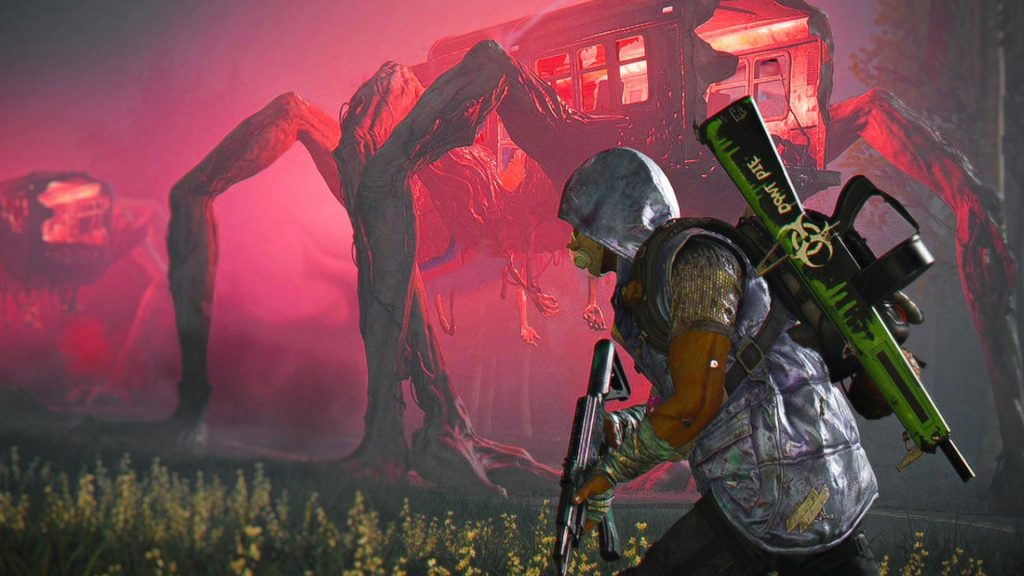
We’ve all heard of the cat bus in fiction, but a bus of extra-dimensional origin is something I never could have seen coming. The Wanderer is a Deviant who merged with a bus, serving as a mode of transit for players across the Nalcott continent. The fun part is that this Deviant bus is often occupied by fellow players looking for a ride and infected monsters alike, making it a hot locale for mingling, foraging, and fighting. It’s rather nice that not every Deviant is hostile as it makes for surprising encounters and varied up gameplay, and this Deviant bus is a great example of just that.
Every Gameplay Element Is Tied to the ‘Stardust’ Plot Thread
Stardust affects what you drink, the various forms of infected wildlife, and even your own powers as a Meta-Human. Drinking infected water and food depletes your sanity meter, which in turn marginally cuts your max HP. And of course, a majority of foes you’ll fight against are manifestations of Stardust, or outer gods themselves in the case of several Deviants. It seems like every single aspect of Once Human’s story and gameplay is directly influenced by Stardust, making for a holistic integration of systems and setting.
Has a Main Story Campaign That You Can Tackle at Your Own Pace
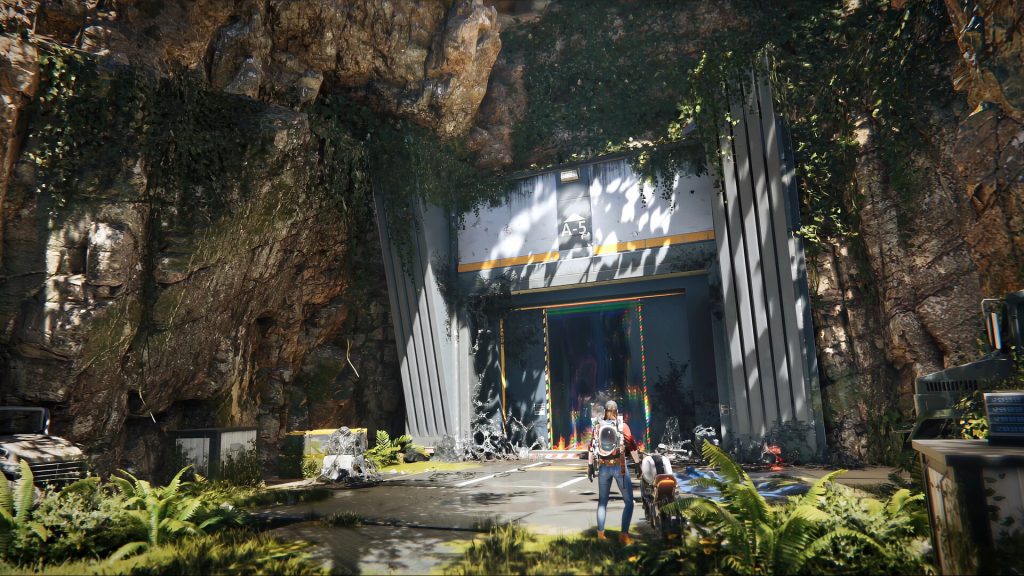
Once Human isn’t just a multiplayer experience; there’s a fleshed-out single-player story campaign and side missions on top of that. The core of the campaign revolves around helping the Mayfly faction mitigate the harm that the evil tech giant, Rosetta, has been spreading with its experimentation on Stardust. We don’t know how long or involved the campaign is at the moment, but with lots of side missions and lore details nestled everywhere in the game, it’s clear that the campaign story has a lot of thought put behind it, plus it’s entirely optional.
Gun-Based Gameplay Featuring Seven Categories of Guns and Over 100 Blueprints
Guns are your main form of combat in Once Human. The seven weapon types each serve particular roles in battle. From the long-range support of the sniper to the area of effect spread of an SMG, guns are basically classes in Once Human. You find gun blueprints through exploration, vendors, and combat rewards and upgrade them through five tier levels using materials. The upgrades seem to be your usual rate of fire, critical rate, and accuracy parameters. The seven weapon types are: Assault Rifle, Light Machine Gun, Shotgun, Sniper Rifle, Submachine Gun, Crossbow, Heavy Weapon, and Melee Weapons. It’s intriguing that a melee weapon is listed here, since they rarely mention its existence in previews. We could be getting some expanded melee options in future updates, so we’ll have to wait and see how the melee in Once Human evolves.
Robust Base Building
One of the core tenets of any survival game is crafting structures, something Once Human is no slouch in. There’s very little restriction on how large you want to go when building a house. For example, you can build a common home base for other players to lounge and call home. These bases can be many stories tall and include things like basements and gardens. Best of all, you can relocate your buildings to different locations using the blueprint relocation feature. Of course, building stuff requires lots of resources, so you need to save up plenty of materials like wood and metal. On the plus side, the game respects your time and gives upwards of 200 wood logs per tree.
Factions With Different Motives
There are six factions that we currently know about so far, and each has their own individual allegiances and goals. According to the Once Human wiki, which is written by the devs, each faction calls a different region of the map home. So, if you never go to the snowy Arkam region in the north, you may never encounter The Column. The Steam page description has me especially intrigued when it states: “Explore human settlements to learn their stories or exterminate bosses without leaving a name for survivors to praise, the choices are yours.” Time will tell if killing certain bosses releases a group of crazy cultists after you, or this is just PR hype, but the dynamic choices sound promising nonetheless.
Intriguing 50-Player PvP Mode Called ‘Stronghold Contest’
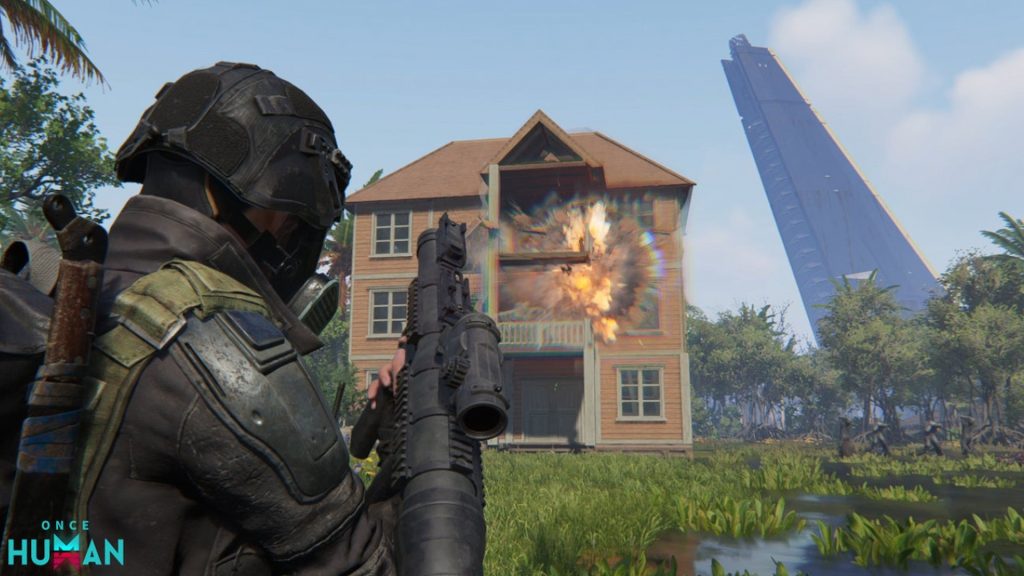
Stronghold Contest is clearly poised to be Once Human’s long-term PvP mode. Players compete for resources by claiming territories and then expanding them together with up to 50 other players. You can then attack other territories and defend your own, eventually enacting territory wars. All these activities are done in large groups called Hives, which have their own rank and seasonal progression. It’s worth pointing out that you can opt to quietly build on territories without being raided by others, since territory wars are exclusive to the Stronghold Contest PvP mode.
Has Co-Op Raid Dungeons and Zone Bosses
Once Human has a typical PvE raid structure. You team up with other players (no specified amount at the moment) to traverse the dungeon and then fight the large boss at the end. The dev team has stated that dungeons have puzzle elements and provide story details that further flesh out the world. Bosses are called ‘Big Ones’ here, so expect plenty of abominations similar to the Deviants.
Very Heavy on Status Micromanagement
For those who get stressed at the sight of status meters, this game might not be for you. Once Human features five persistent status meters that you must track at all times in order to survive. For instance, water infected by Stardust will deplete your sanity and cap your overall health, though you may opt to drink it due to your high hunger and thirst. We’ll have to wait and see how balanced the management of these meters are on release. It would be ideal if all five statuses could be individually adjusted based on frequency and intensity, but maybe they have a difficulty setting that does that stuff automatically.
Large World Map With a Size of 16 by 16 Kilometers
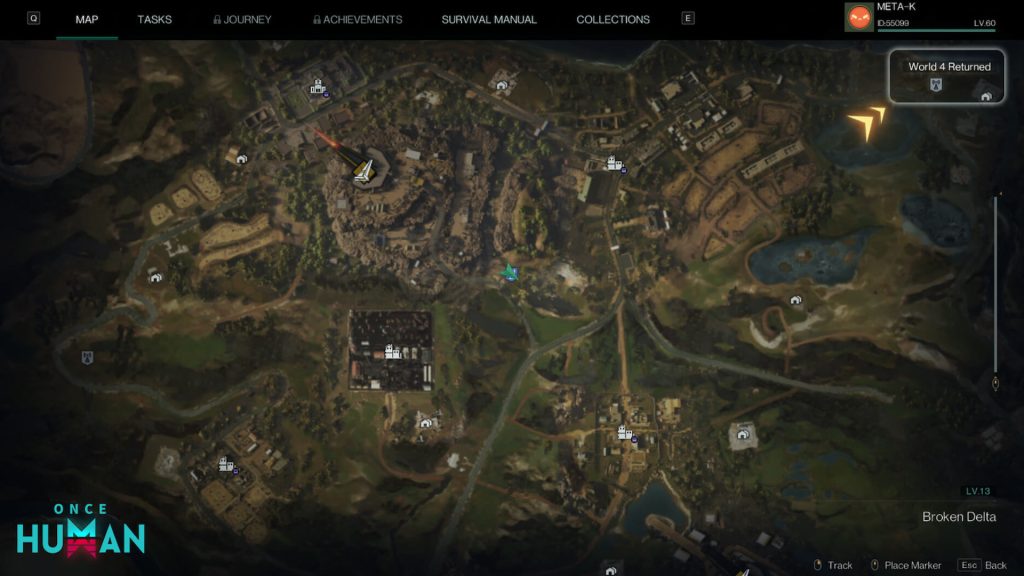
10 real-life miles is no joke. This large size is needed to fit all the housing creations that players will inevitably make. The map is divided across four districts, each with distinct biomes. What’s even crazier is the devs stating that each server can house up to 5,000 players, divided between six different instances of the map.
Each District on the Island Features a Unique Environmental Biome
Once Human takes place on the island of Nalcott. Nalcott is divided between the Blackfell desert in the east, the snowy Arkam mountain range to the north, the Great Plains in the west, and the Stardust epicenter at the island’s center, City Center. The heavily invected City Center can only be accessed after completing certain preliminary tasks, making it suitable for endgame content.
Can Modify and Craft Vehicles to Traverse the Large Map Alone or With Friends
The variety of terrain spread across the map of Once Human allows the use of various vehicle types. Motorbikes are ideal for the challenging vertical terrain of mountain passes, and the western plains are no match for your camper RV. Yep, that’s right, instead of a stationary house, you can opt to build an RV for your mobile home unit. I’m excited to learn what other interesting vehicles exist in the game, and if future updates allow you to craft your own wild creations from sports car replicas to airships.
Closed Beta Tests Have Had Positive Responses
Finally, Once Human has received positive impressions from players who took part in their closed beta tests. Just look up any preview or thread about Once Human and you’ll see that 90% of the discourse is very optimistic. I was surprised when I researched this game and found little to no threads complaining about game-breaking bugs or horrible issues plaguing the beta versions of the game.
Note: The views expressed in this article are those of the author and do not necessarily represent the views of, and should not be attributed to, GamingBolt as an organization.










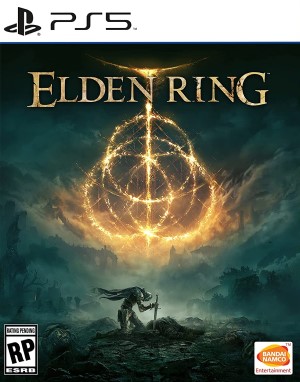
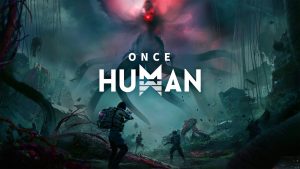
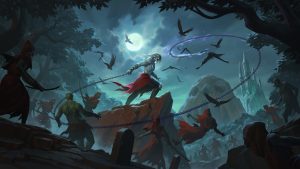
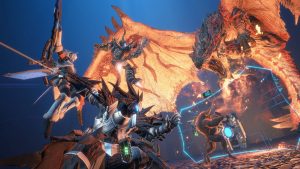


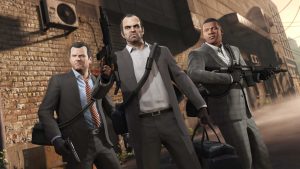
Share Your Thoughts Below (Always follow our comments policy!)